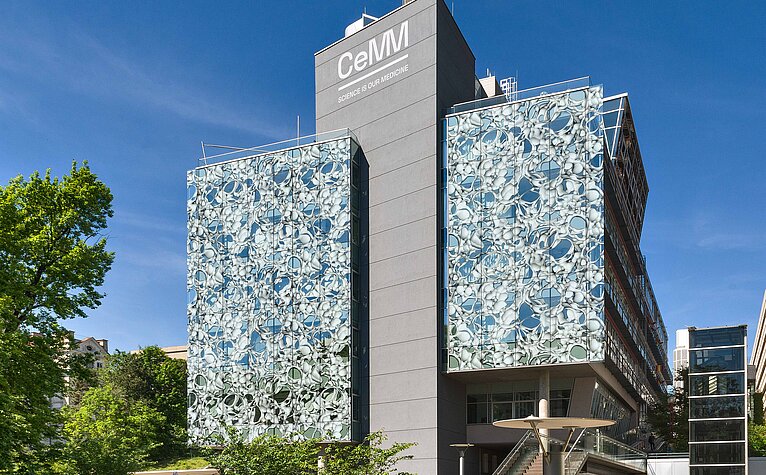 © CeMM/Iris Ranzinger
© CeMM/Iris Ranzinger
- Location advantages
- Life Sciences
- Research & development
- News
AI for the simulation of biological processes
19. September 2024A research team of the Institute of Artificial Intelligence at the Medical University of Vienna and the Research Center for Molecular Medicine (CeMM) has been able to demonstrate that a large language model such as GPT-4, which is well-known due to its use in ChatGPT, can be effectively applied as a simulator for biological systems. The team led by Matthias Samwald and Christoph Bock tested the hypothesis that the stepwise simulation of biological and medical processes with GPT-4 leads to better results.
The research team developed "SimulateGPT", a knowledge-based simulation method through structured inputs in GPT-4. This method has been tested and validated by experts in various scenarios such as mouse experiments, sepsis treatment support, prediction of essential genes in cancer cells and progression-free survival of cancer patients. The method is designed for basic research and is not intended for clinical use.
"This study shows that large language models such as GPT-4 could enable a new class of biomedical simulators," explains Matthias Samwald. "Text-based simulations are particularly suitable for modelling and understanding living systems, as text and language provide the flexibility and interpretability needed to describe the complexity of biology.”
Language models such as GPT-4 are driven by text inputs to perform specific tasks or solve problems. Modern models such as ChatGPT/GPT-4 respond directly to simple questions but have difficulty solving more complex scenarios that are common in biomedicine. In the study, the scientists configured GPT-4 with structured inputs and targeted instructions so that it simulated given scenarios in detail with text. The study showed that this GPT-4-based simulator achieved significantly better results. The study's experiments demonstrated that biomedical experts preferred SimulateGPT's predictions over direct GPT-4 responses. In addition, SimulateGPT improved accuracy in both determining essential genes in cancer cells and predicting progression-free survival of cancer patients compared to traditional GPT-4 responses. The findings of the research team were published in the scientific journal “Computers in Biology and Medicine.”
CeMM – Cutting-edge, interdisciplinary research
The CeMM Research Center for Molecular Medicine CeMM Research Center for Molecular Medicine ()is an interdisciplinary research institute of the Austrian Academy of Sciences committed to advancing the understanding of human diseases through basic and biomedical research. Located in a tailor-made building in the midst of the campus of the Medical University of Vienna, CeMM is dedicated to its mission statement to pioneer science that nurtures the precise, personalized, predictive and preventive medicine of the future.